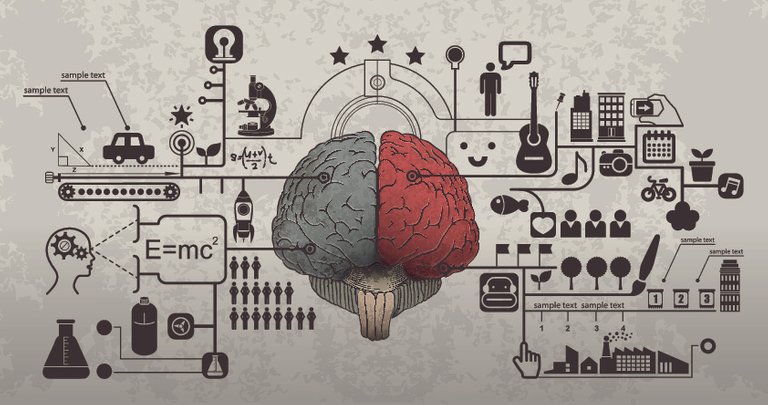Physical science, which includes fields such as physics, chemistry, and biology, has had a significant impact on the field of psychology and psychotherapy. This influence can be seen in various ways, including the development of new treatment approaches, the use of technology in therapy, and the understanding of the biological basis of psychological disorders.
One of the most obvious ways in which physical science has influenced psychology and psychotherapy is through the development of new treatment approaches. For example, the use of medications to treat psychological disorders, such as antidepressants for depression and antipsychotics for schizophrenia, is based on a deep understanding of the underlying biological processes that contribute to these conditions. Similarly, the use of electroconvulsive therapy (ECT) for the treatment of severe depression is based on the understanding that brain activity can be changed through the use of electrical currents.
Physical science has also influenced the use of technology in therapy. For example, the use of virtual reality (VR) in therapy has become increasingly popular in recent years. VR allows therapists to create simulated environments in which patients can practice coping skills and exposure therapy, which involves gradually exposing patients to the things they fear in a controlled setting. VR has been shown to be effective in the treatment of a wide range of psychological disorders, including phobias, post-traumatic stress disorder (PTSD), and anxiety disorders.
In addition to the development of new treatment approaches, physical science has also contributed to our understanding of the biological basis of psychological disorders. For example, research in the fields of genetics and neuroscience has helped to identify specific genetic and brain abnormalities that are associated with certain psychological disorders, such as schizophrenia and depression. This understanding has led to the development of targeted treatments that are more effective in addressing the specific underlying causes of these conditions.
Physical science has also influenced the way we think about the nature of psychological disorders. For example, the concept of the "chemical imbalance" in the brain, which is often used to explain the cause of depression, is based on a deep understanding of the role that neurotransmitters play in brain function. Similarly, the understanding of the role of genetics in the development of psychological disorders has led to the concept of a "genetic predisposition" to certain conditions, which suggests that certain individuals may be more likely to develop certain psychological disorders due to their genetic makeup.
Physical science has had a significant influence on the field of psychology and psychotherapy. Its contributions have included the development of new treatment approaches, the use of technology in therapy, and the understanding of the biological basis of psychological disorders. These advances have helped to improve the effectiveness of treatment and have contributed to a deeper understanding of the nature of psychological disorders.

Thanks for your contribution to the STEMsocial community. Feel free to join us on discord to get to know the rest of us!
Please consider delegating to the @stemsocial account (85% of the curation rewards are returned).
You may also include @stemsocial as a beneficiary of the rewards of this post to get a stronger support.
Thank you too!